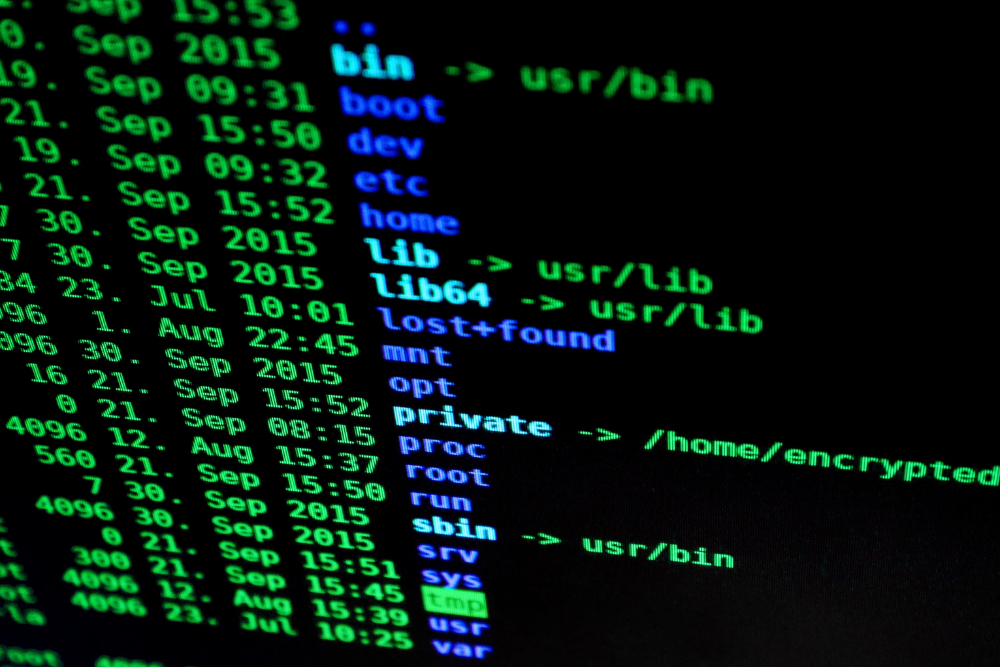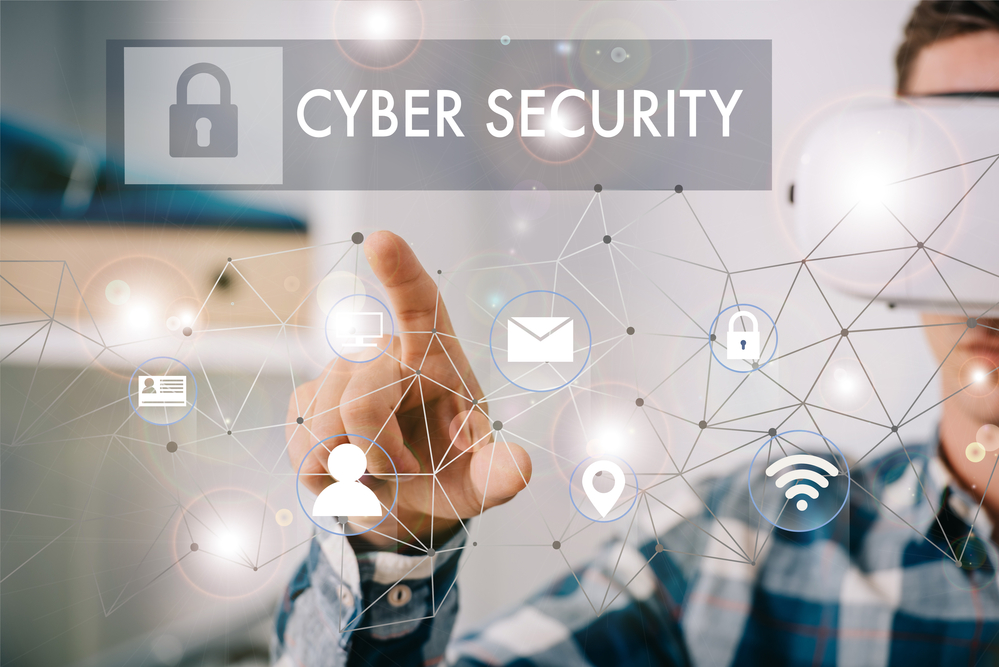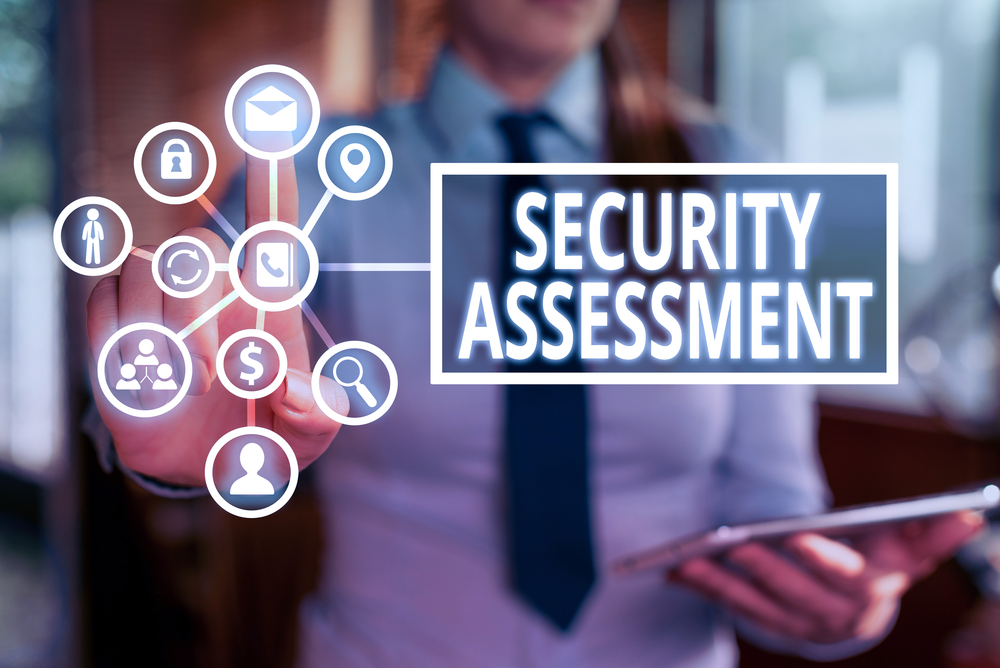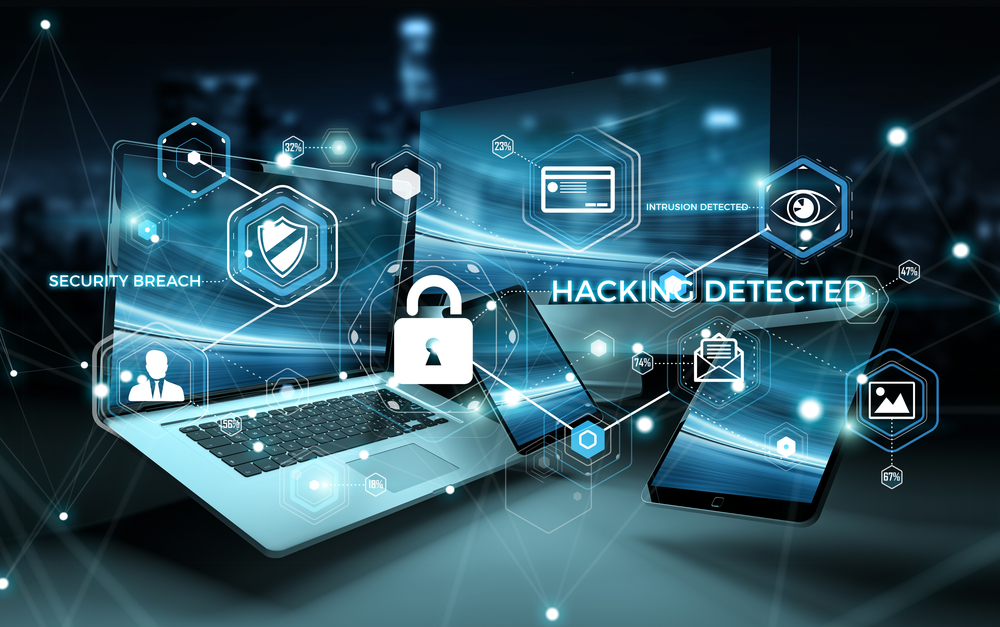Cybersecurity doesn’t depend on a single piece of technology. Instead, it follows a multifaceted and layered approach for safeguarding your business from cyber threats. If you are thinking about upgrading your digital security, you should start by familiarizing yourself with the seven elements, or “layers,” of cybersecurity that protect businesses from becoming the victim of a cyberattack.
Below, we discuss why shouldn’t delay securing your business before summarizing the seven main types of cybersecurity solutions you’ll encounter as you begin your research.
Why cybersecurity protection matters
When it comes to safeguarding your digital assets, complacency can cost your business hundreds of thousands, if not more. Today’s threat actors are well organized. They’re constantly coming up with more innovative ways to deceive users into disclosing unauthorized information that can lead to a breach.
Proactively implementing the right security controls protects your business, but it also secures the confidential information of your valued customers and business partners. Now, let’s take a closer look at the seven key components of cybersecurity and how they protect your digital infrastructure and secure your private business data.
1. Network security
Your security controls are implemented at the network level to safeguard your digital environment. The primary objective of your network cybersecurity is to prevent breaches that result from unauthorized access to your critical systems.
Following all the recommended software maintenance schedules and routinely patching and updating the systems on your business network is crucial. Managed security service providers (MSSPs) like PCH Technologies help streamline routine patching while disabling unused interfaces to protect your network against emergent threats.
2. Mission-Critical Asset Protection
When it comes to reducing risk exposure, safeguarding your costly IT investments and mission-critical assets is imperative. Without suitable IT protection, you leave your business unnecessarily exposed to ongoing cyber threats that might invade your systems and lead to a breach.
Online baking systems and financial records, electrical grids avionics, and railway operating and control systems a just a few common examples of mission-critical systems. In the healthcare industry, electronic medical records are considered to be mission-critical. Any cybersecurity solution you implement must protect the sensitive personal and financial details of your customers and employees to be considered effective.
3. Information Security
Companies need data security controls that safeguard both the storage and transfer of their sensitive business data. With adequate storage in place, you could face a catastrophic data loss event that’s difficult to recuperate from. Proper backup data storage requires the use of encryption and archive for it to be practical. Data security is an important consideration for any business owner because the financial impacts of a breach are often devastating.
4. Application Security
Controlling secure access to your business applications is fundamental to any cybersecurity plan. These applications grant users access to your valuable assets. If compromised, this can quickly spell doom for your normal and continuous operations.
Managed service providers (MSPs) can help you implement security on top of your apps and deploy two-factor authentication to ensure that only authorized users gain access to your systems. You need apps that provide constant protection, especially during use. Managed IT support service providers like PCH Technologies help businesses like yours develop robust security solutions to control and restrict access to critical business applications.
5. Endpoint protection
Endpoint protection covers all your company user devices, ensure these endpoints remain protected from threats. This layer of protection includes any mobile devices, desktops, laptops, or other connected IoT devices you deploy in the field. Depending on your IT requirements, MSPs can either facilitate endpoint protection on the cloud or a network server.
6. Perimeter security
Perimeter security emphasizes comprehensive protection of your business as a whole, focusing on both physical and digital protection strategies. Examples of perimeter security include solutions like firewall protection. Perimeter security forms the first line of defense for keeping bad actors from releasing viruses and malware to gain unwanted access to your systems.
7. The human factor
The human element is most often the first source of exposure that leads to a fully-fledged data breach. However, absent human operators, you can not incorporate the proper management controls that render your cybersecurity solutions effective. Your operations managers and IT staff are critical to ensuring nothing falls through the cracks and that your security controls are being implemented correctly.
Building your cybersecurity protection plan
Touching all these elements is a gradual and daily process that requires careful attention to your company devices, firewalls, and networked systems. A comprehensive cybersecurity solution continually monitors all these areas of your business to provide a layered and multifaceted approach to protecting your essential business applications and infrastructure.
Today’s threat environment is ever-changing, as are the cybersecurity solutions designed to neutralize it. Criminal hackers don’t discriminate and will target any business that makes it easy to gain access to their sensitive data plan. The best approach to securing your business is to conduct routine penetration testing to confirm there are no gaps in your systems and that all your security controls are functioning as they should.
While company technology users are always a critical layer of defense, the behaviors are the most common starting points for a cyberattack. Managed service providers can help you develop and implement an ongoing knowledge and training initiative to keep your staff informed about the best digital security practices.
When your business is highly connected and technology dependent, it’s always going to be at risk of a cyberattack. Assuring that your employees know how to them in the first place is the best approach for preventing a costly data breach. IT support companies will help you cover various threats, from phishing attacks to spoofing and ransomware while keeping your staff aware of the latest criminal hacker scams.
Connect with PCH Technologies today
Our team of cybersecurity specialists can help you develop the right digital protection strategies for your business. For more on how our proactive approach to cyber threats can protect your business from criminal hackers, book your free discovery call online now, or dial us directly at (856) 754-7500.







